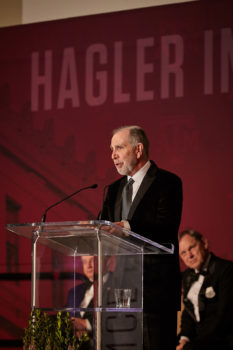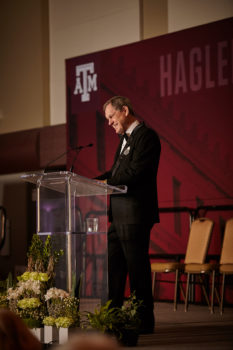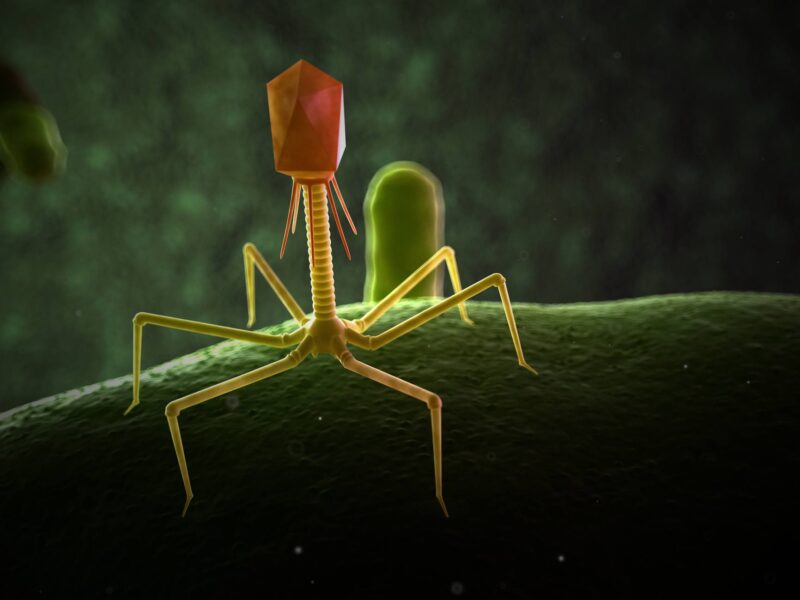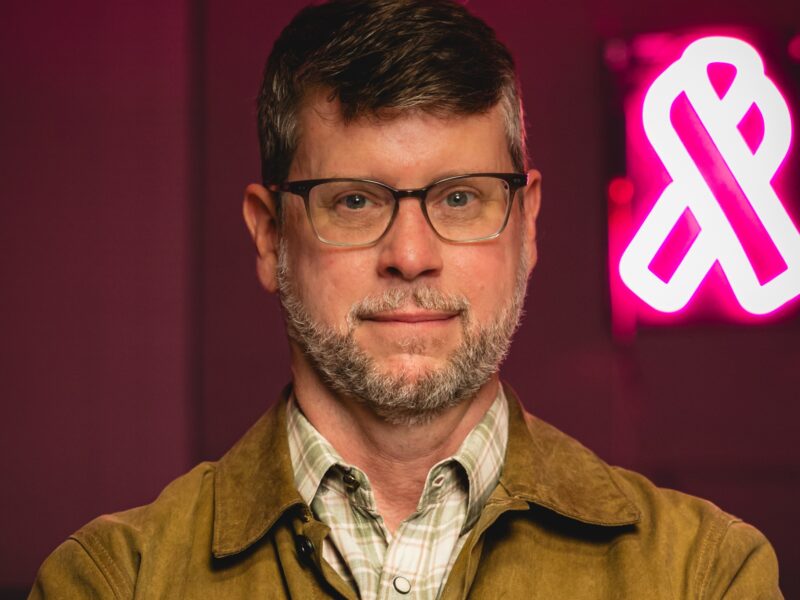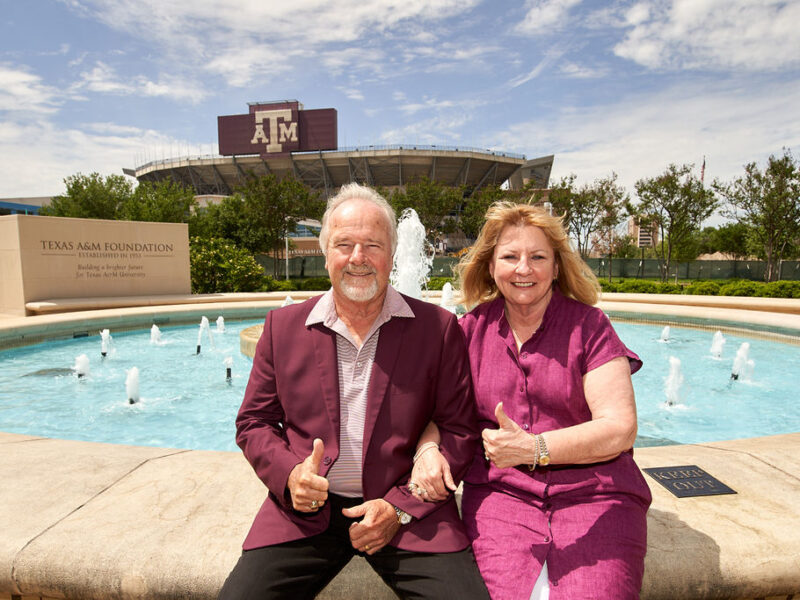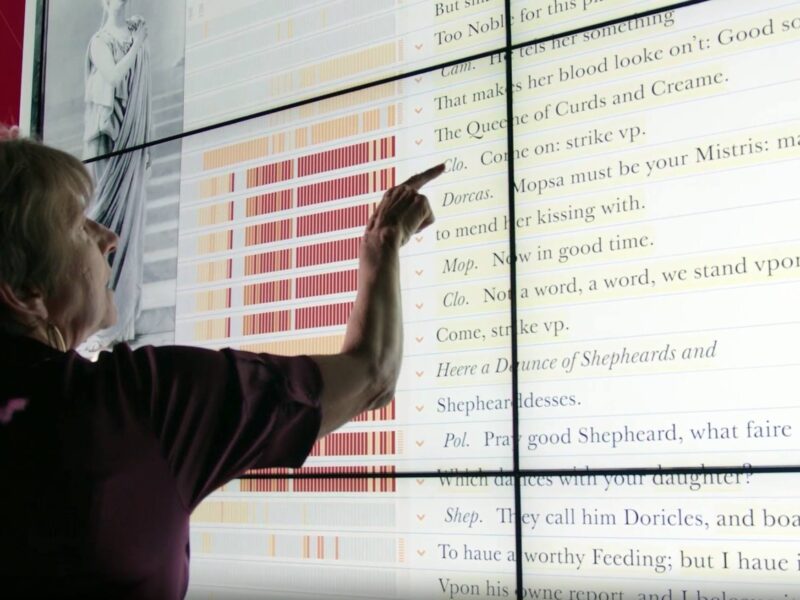Hagler Institute Inducts Nine Faculty Fellows
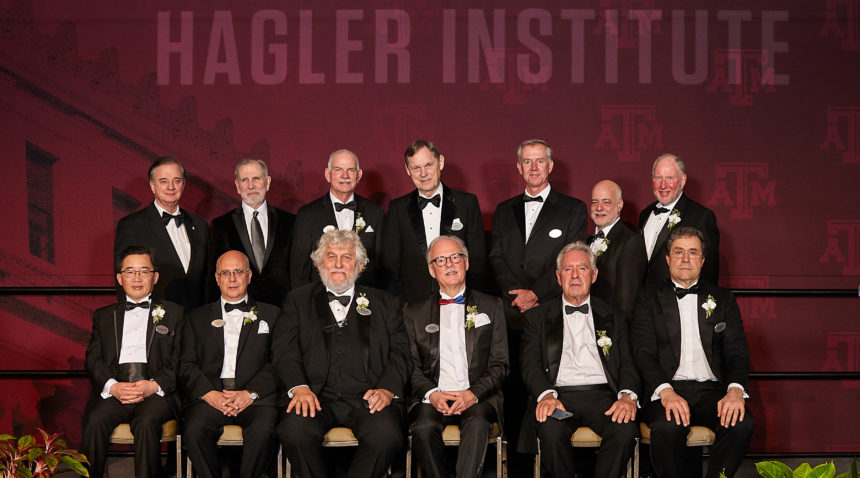
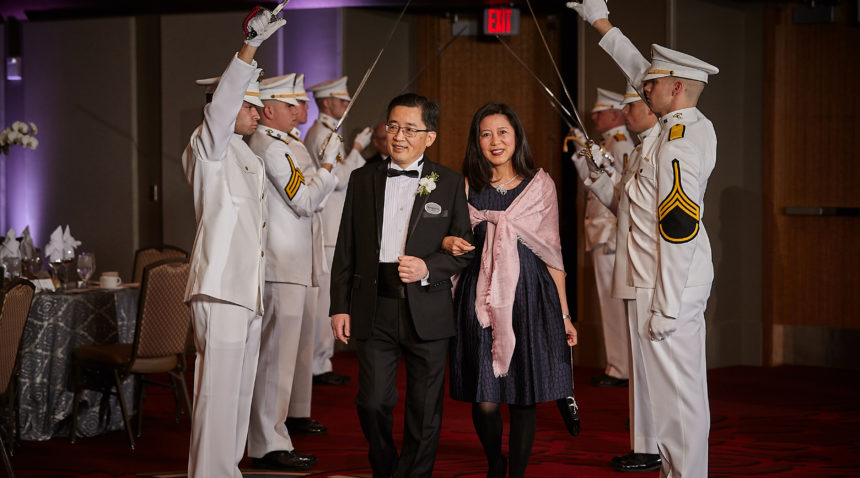
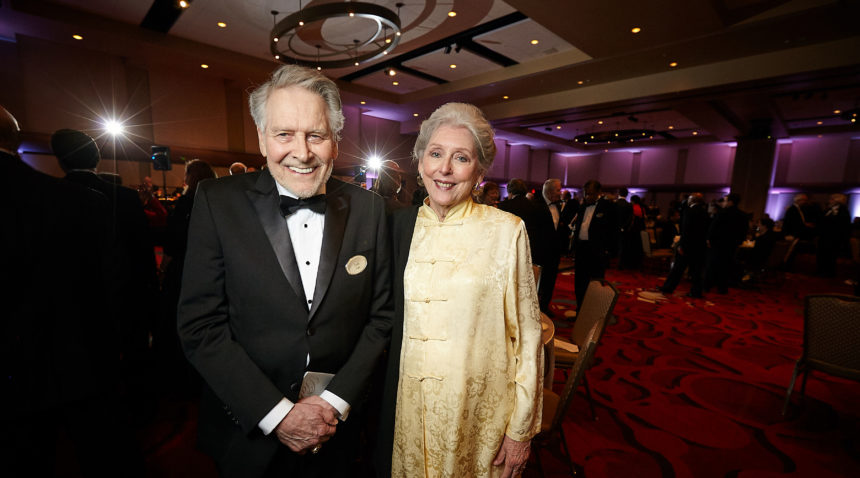

The Hagler Institute for Advanced Study at Texas A&M University formally inducted nine Faculty Fellows in its Class of 2018-19 during the institute’s seventh annual gala on Friday, Feb. 22. Each of the Faculty Fellows is highly regarded for conducting research toward the advancement of biomedical science, chemistry, engineering, physics or political science. The institute also honored its Distinguished Lecturer for the 2018-19 academic year.
In remarks to 200-plus audience members in the Bethancourt Grand Ballroom at the Memorial Student Center, Chancellor John Sharp of The Texas A&M University System praised the Hagler Institute’s positive influence on the quality of education and research at the University. “The Hagler Institute has attracted 61 Faculty Fellows for one-year appointments,” Sharp said. “Nine of the Faculty Fellows have joined our permanent faculty, and they have brought $54 million in new grants to Texas A&M. These are scholars of National Academy-level or the equivalent, and they each bring something special to our campus.”
The Class of 2018-19 includes members of the National Academy of Sciences, the National Academy of Engineering, the American Academy of Arts and Sciences, and equivalent academies around the world, plus fellows of royal societies in England, Canada and Australia.
Texas A&M President Michael K. Young noted that the latest class of inductees is the most international in the Hagler Institute’s history. “This is a most accomplished and remarkable class of Faculty Fellows,” Young said. “Six of our nine fellows are from universities outside the United States, representing Brazil, England, Australia, Germany, Switzerland and Canada. The three who come from inside the United States represent three of our nation’s top institutions: Harvard, Princeton and Northwestern. It will be wonderful to see what ideas and advancements will spring from the collaboration between these world-renowned experts and our superb faculty and students.”
Founding Director John L. Junkins said the Hagler Institute for Advanced Study will continue its mission to attract world-class scholars to work with Texas A&M’s outstanding faculty and students on projects of high impact. “The Hagler Institute is making a transformative impact on Texas A&M, elevating our faculty, our students, our research, our teaching and our reputation,” Junkins said. “Every year from now to infinity, we will attract faculty-nominated superstars and team with them to accelerate our people and programs.”
Each Faculty Fellow will partner with one or more of the departments offering graduate degrees housed in Texas A&M’s 17 colleges or schools, Texas A&M AgriLife Research or the Texas A&M Engineering Experiment Station:
- Vanderlei Salvador Bagnato, professor of physics and materials science, University of São Paulo and the Institute of Physics of São Carlos, Brazil.
- Michael J. Duff, Abdus Salam Professor, Emeritus Professor of theoretical physics and senior research investigator, Imperial College London, England.
- Yonggang Huang, Walter P. Murphy Professor of Mechanical Engineering, Civil and Environmental Engineering, and Materials Science and Engineering, Northwestern University.
- Cameron Jones, Professor and holder of the R.L. Martin Distinguished Chair of Chemistry, Monash University, Melbourne, Australia.
- Stefan H.E. Kaufmann, head, Department of Immunology, and founding director, Max Planck Institute for Infection Biology, Germany.
- Vincent Poor, Michael Henry Strater University Professor of Electrical Engineering, Princeton University.
- Robert D. Putnam, Peter and Isabel Malkin Research Professor of Public Policy, Kennedy School of Government, Harvard University.
- Andrea Rinaldo, professor of hydrology and water resources, and director of the Laboratory of Ecohydrology, École Polytechnique Fédérale de Lausanne, Switzerland.
- William G. Unruh, professor of physics, University of British Columbia, Canada.
The Hagler Institute also welcomed its Distinguished Lecturer for 2018-19, Joseph W. Singer, Bussey Professor of Law, Harvard Law School.
Annually, the Hagler Institute selects its Faculty Fellows from among top scholars who have distinguished themselves through outstanding professional accomplishments or significant recognition. Previous classes have included two Nobel Prize laureates, a Wolf Prize in Agriculture recipient, a recipient of the Hubble Medal for Literary Scholarship, a recipient of the National Medal of Science, an awardee of the National Medal of Technology and Innovation and a two-time recipient of the State Prize of the Russian Federation.
About the Hagler Institute for Advanced Study: The Hagler Institute for Advanced Study was established in December 2010 by The Texas A&M University System Board of Regents to build on the growing academic reputation of Texas A&M and provide a framework to attract top scholars from throughout the nation and abroad for appointments of up to a year. The selection of Faculty Fellows initiates with faculty nominations of National Academies and Nobel Prize-caliber scholars who align with existing strengths and ambitions of the University. To learn more, visit http://hias.tamu.edu.
About Research at Texas A&M University: As one of the world’s leading research institutions, Texas A&M is at the forefront in making significant contributions to scholarship and discovery, including that of science and technology. Research conducted at Texas A&M represented annual expenditures of more than $922 million in fiscal year 2018. Texas A&M ranked in the top 20 of the National Science Foundation’s Higher Education Research and Development survey (2017), based on expenditures of more than $905.4 million in fiscal year 2017. Texas A&M’s research creates new knowledge that provides basic, fundamental and applied contributions resulting, in many cases, in economic benefits to the state, nation and world. To learn more, visit http://research.tamu.edu.
Media contact: Amanda Scott, assistant director, Hagler Institute for Advanced Study, arscott@tamu.edu, (979) 458-4989.
